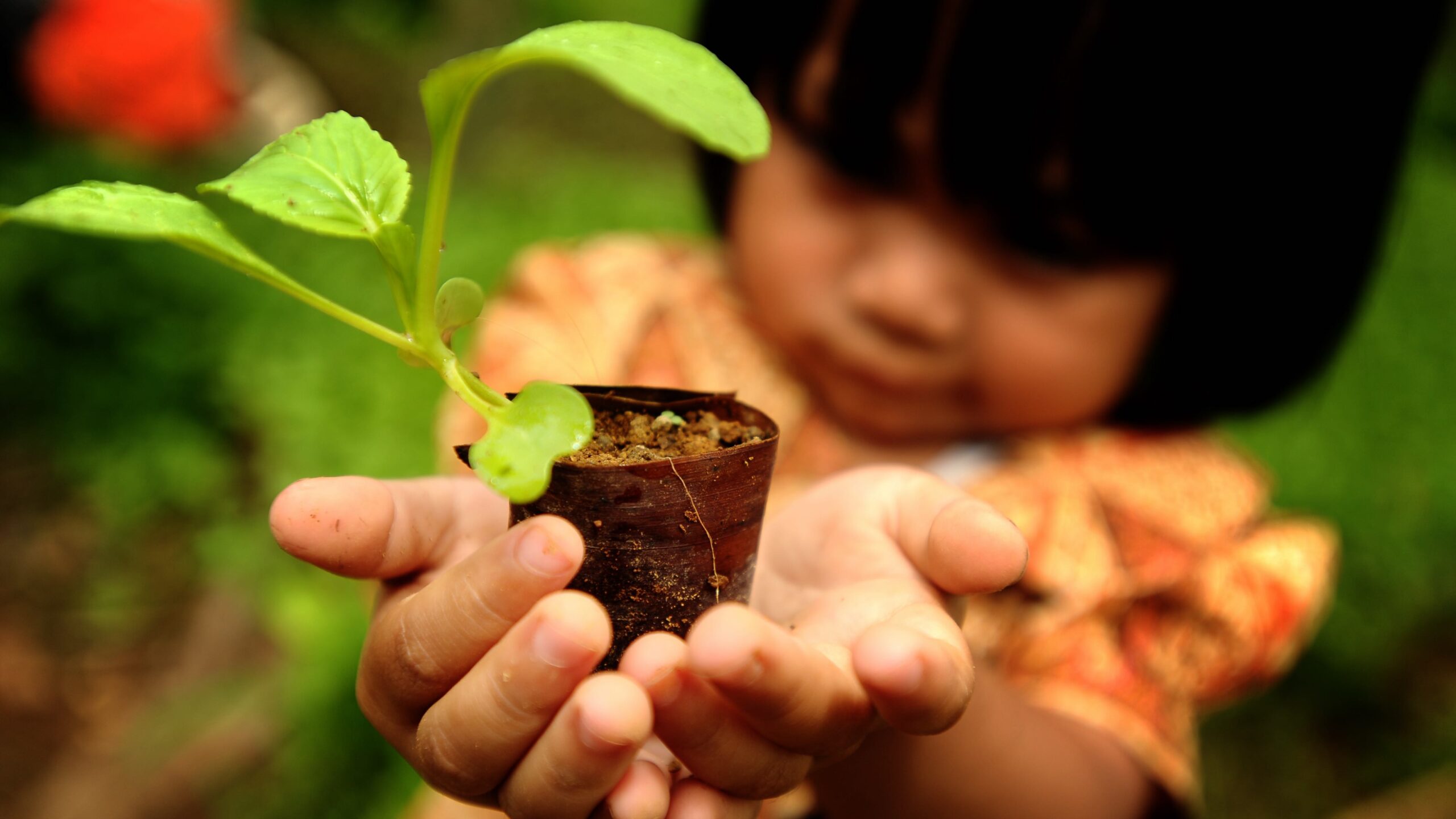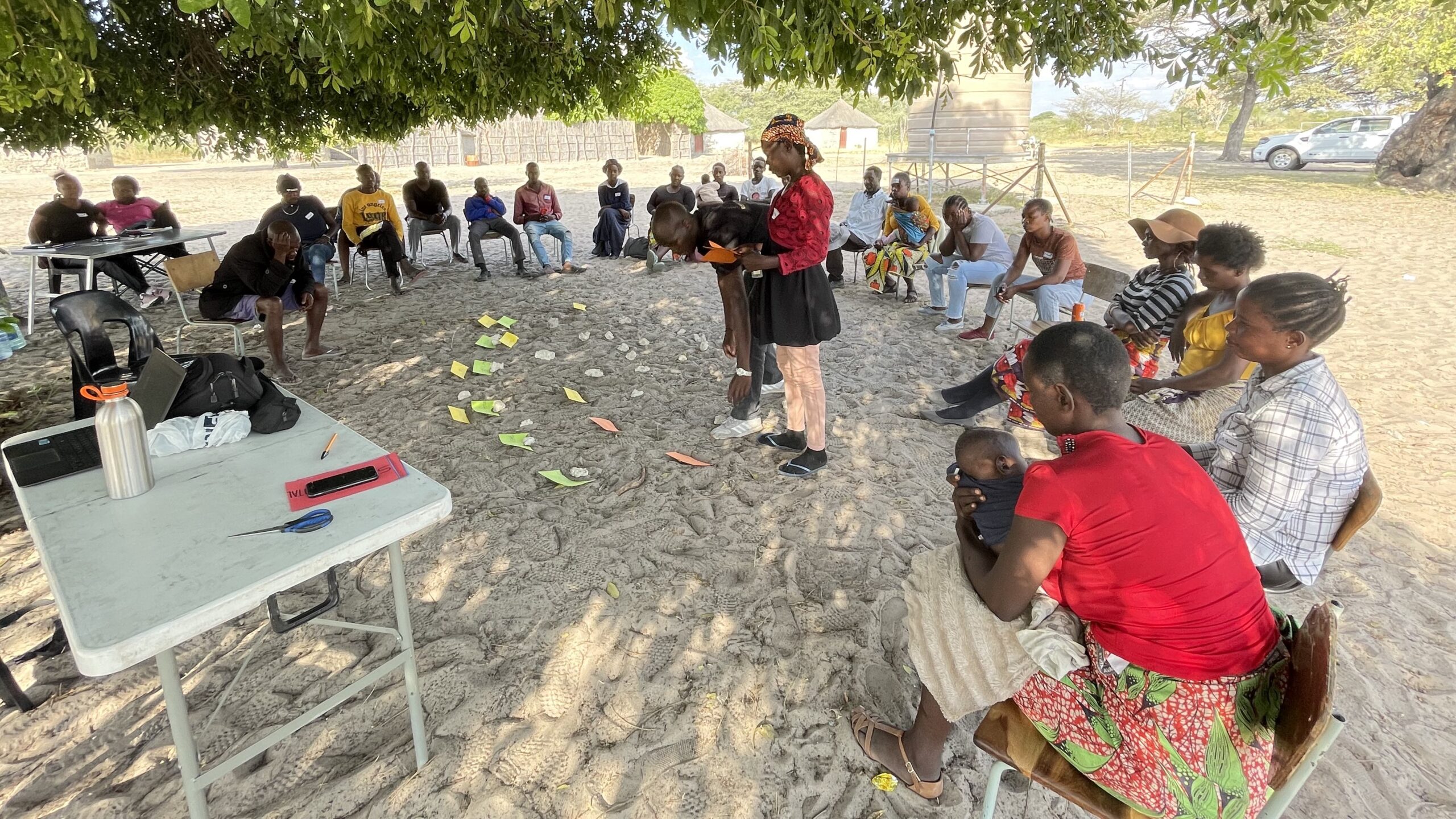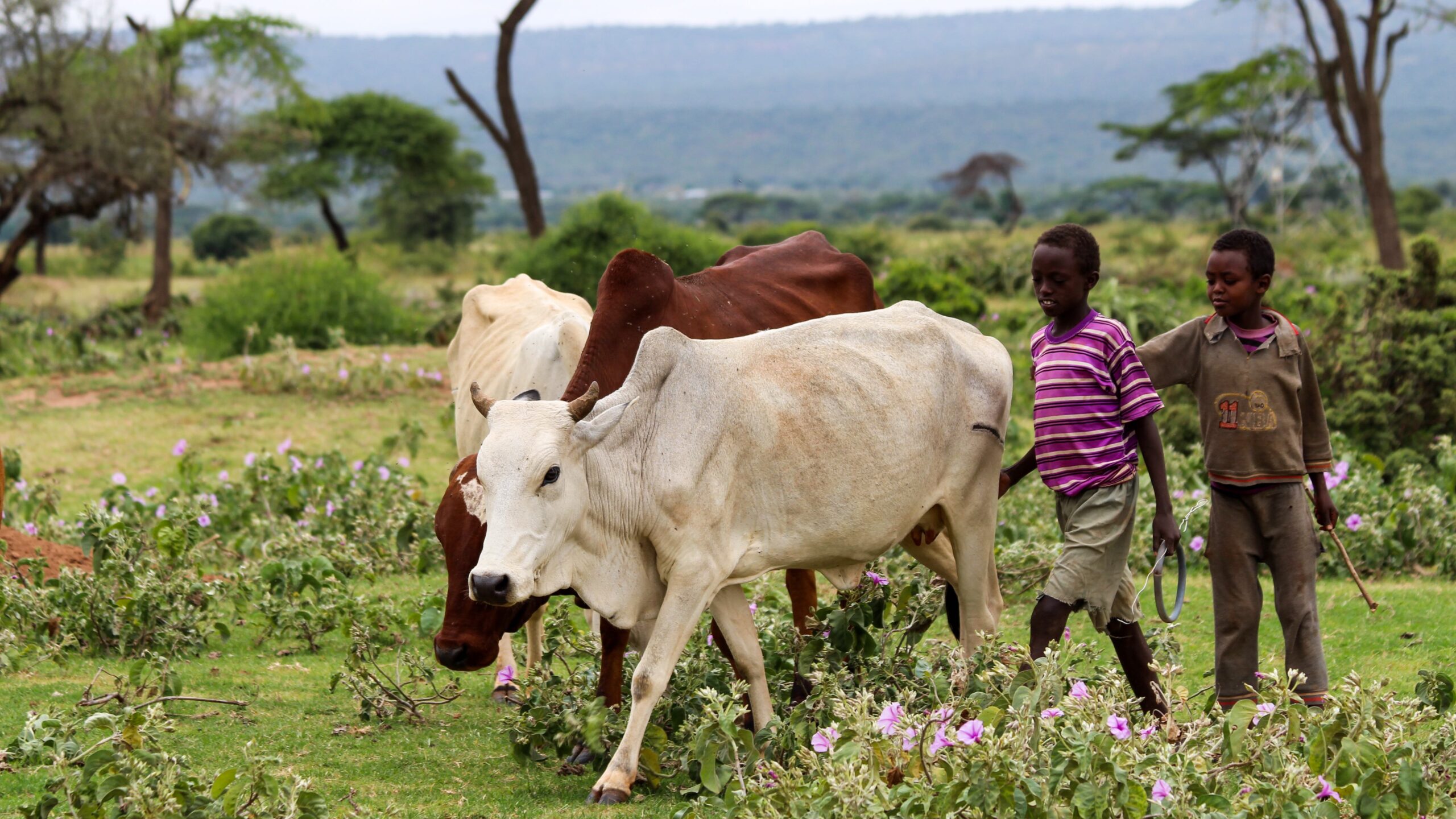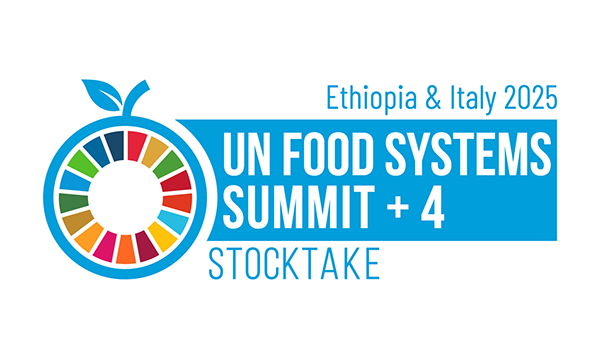What’s New
Publications
Journal Article
The effect of teacher training and community literacy programming on teacher and student outcomes
Journal Article
How much do our neighbors really know? The limits of community-based targeting
Journal Article
Whole maize flour could enhance food and nutrition security in Malawi
Upcoming/Recent Events
News & Media
-
How climate-induced conflict is shaping rural Nigeria (VoxDev)
Vox Dev published this article by Jeffrey Bloem, Amy Damon, David C. Francis, and Harrison Mitchell on herder-farmer conflicts in Nigeria.
-
The 2025 Global Report on Food Crises sounds the alarm (MSN South Africa)
MSN South Africa cited research from IFPRI’s 2025 Global Food Policy Report: Food Policy: Lessons and Priorities for a Changing World in this article on the 2025 Global Report on Food Crises. “According to the IFPRI’s 2025 Global Food Policy Report, food systems are vital economic engines, providing livelihoods for nearly half the world’s population…
-
Unlocking stronger food systems with African research (SciDev.Net)
Steven Omamo discusses the findings of the 2025 Global Food Policy Report and the urgent need for bold action to avert a looming food crisis in Africa.










